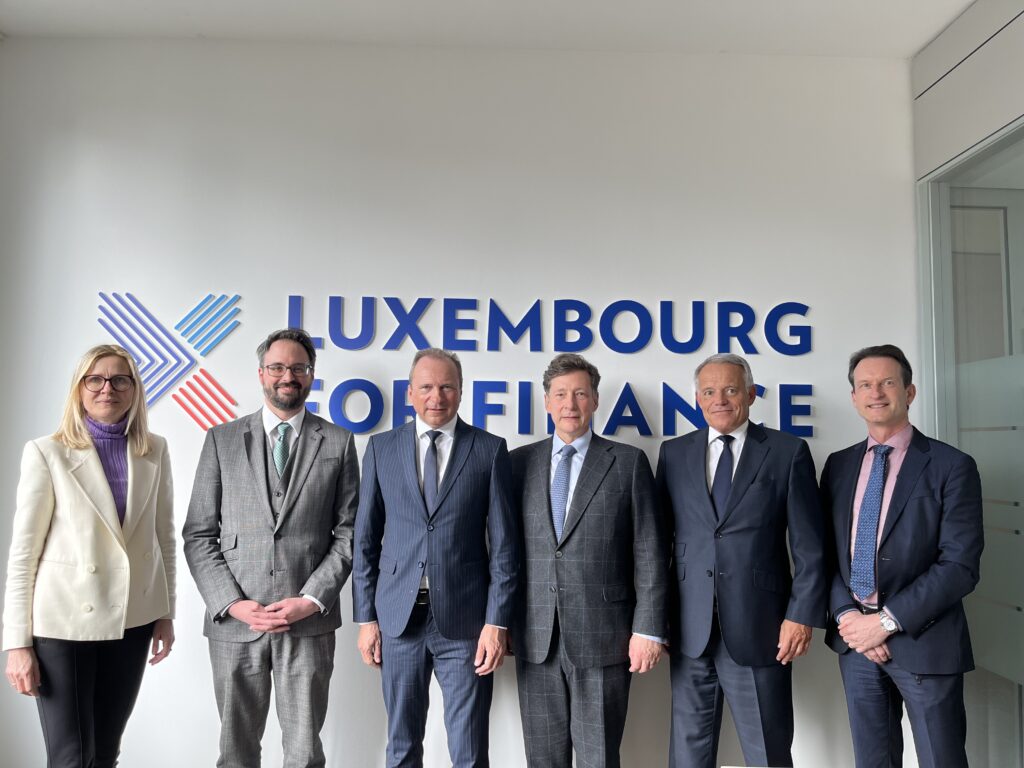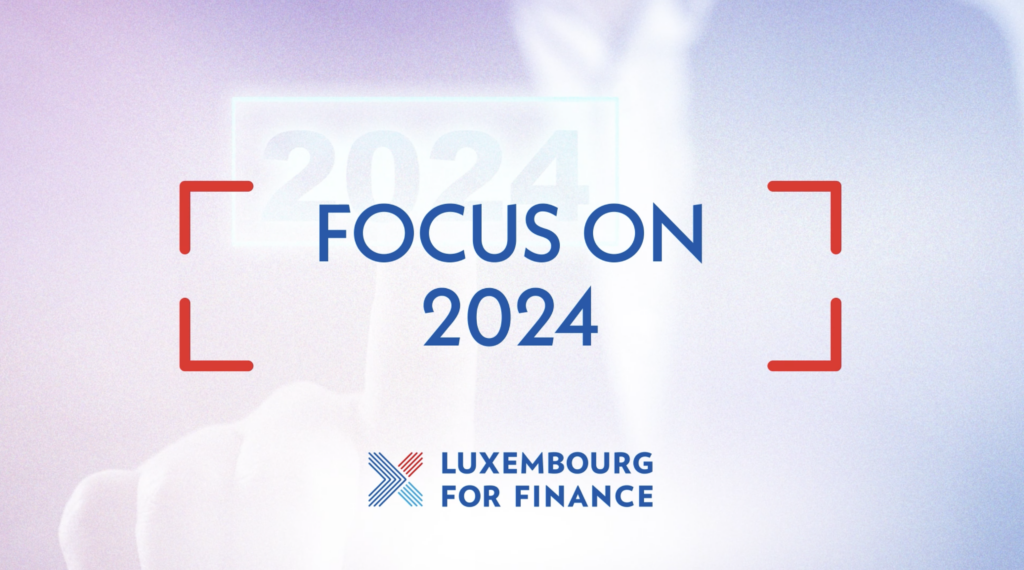Missed the livestream? The replay video is available here.
His Excellency John Marshall, British Ambassador to Luxembourg, opened proceedings with a frank address on Brexit and the view from London.
Key points included that whether an agreement is reached or not, financial services are, for the most part, well prepared. Firms, both in the EU and UK, have been preparing well in advance of the end of the transition period to ensure minimal disruption. His Excellently pointed out that the politicisation of Equivalence was in no one’s best interest and that while the UK will not agree to rule taking, freedom to change the rules did not precipitate a bonfire of regulation or unfair competition.
During our panel discussion, experts from JP Morgan, BlackRock and Arendt & Medernach discussed the practical regulatory implications of a new working relationship between the EU and the UK.
Martin Parkes, Managing Director of BlackRock’s Global Public Policy Group, noted that responsible financial businesses had to have planned for a no deal scenario by putting the necessary contingencies in place. The priority for Asset Managers has been to ensure that their European clients are able to access all the products and services they need in the UK in order to meet their objectives. Notably, Martin was optimistic for the future relationship, especially given the MoUs that had already been set which have laid the foundation for the ongoing discussions surrounding financial services and for the future relationship between the EU and the UK.
Michael Percival, EMEA Head of Regulatory Affairs at JPMorgan, emphasised the importance of regulatory cooperation between the EU and the UK, even in a scenario with limited market access. Regulators on both sides of the channel will need to face common financial stability risks and it is key that they build trust between each other and are able to cooperate, coordinate and share information.
Pierre-Michaël de Waersegger, Partner at Arendt & Medernach, an insurance and reinsurance specialist was on hand to provide the viewpoint from the insurance industry. He noted that most major UK insurers had set up EU hubs and European insurers were either setting up UK branches or making use of the temporary permissions regime. However, going forward clarity was needed and an appropriate legal framework was crucial to ensuring that insurers could set up their business models and internal organisations, as well as continue serving their clients fully.
A live poll during the event showed that most respondents expected the future relationship between the EU and the UK to be tricky, whether a deal took place or not. A Q&A session touched on a number of topics including the portability of pension funds, the impact of Brexit on small to medium-sized firms who do not have the resources of larger firms, and the impact on the end consumer.
Luc Frieden, Luxembourg’s former Minister of Finance and current Chairman of the Luxembourg Chamber of Commerce, closed the session with a look into the future, postulating what the future relationship could be.










